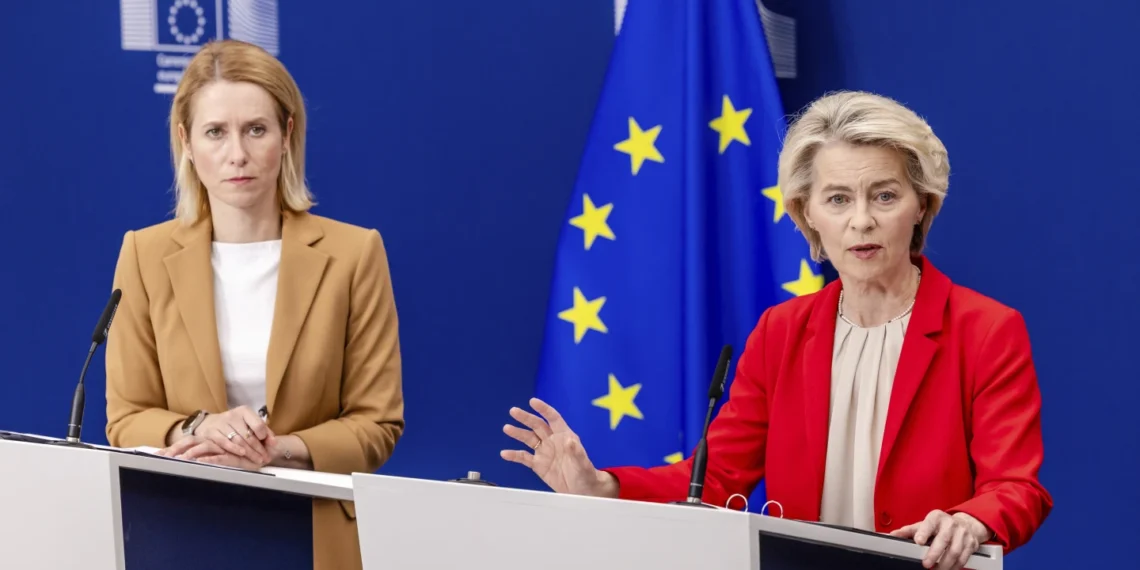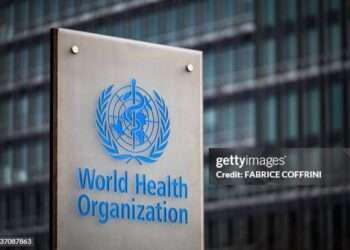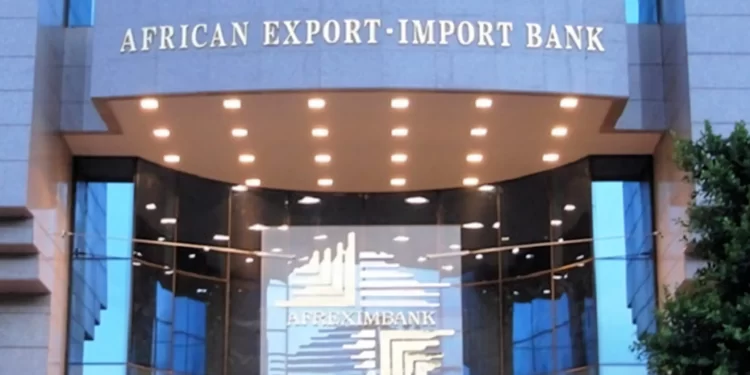The European Commission has proposed an 18th package of sanctions against Russia, targeting its energy revenues and military industry.
The new package proposes banning transactions involving Russia’s Nord Stream gas pipelines as well as banks that engage in sanctions circumvention.
The commission also proposed lowering the price cap on Russian crude oil to $45 a barrel from $60 a barrel.
The proposal lists additional vessels in Russia’s shadow fleet and oil-trading companies.
EU Foreign Policy Chief, Kaja Kallas said that the oil price cap to $45 is lower than the market price, “and lowering the oil price cap will hit Russia’s revenues hard.”
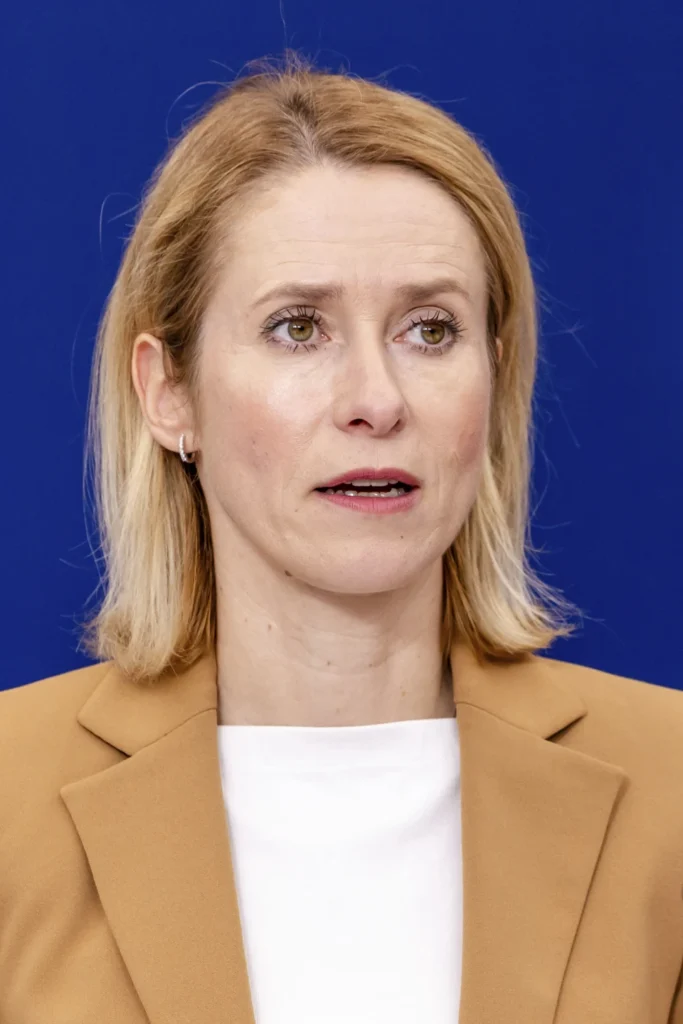
Kallas added that the EU also wants to impose sanctions on the Nord Stream pipelines to prevent Russia generating any revenue in the future. “In this way, it sends a clear signal we are not going back to business as usual,” she stressed.
EU countries will start debating the proposal this week. All 27 EU member countries must all agree for the sanctions to enter force.
In 2023, Ukraine’s Western allies limited sales of Russian oil to $60 per barrel but the price cap was largely symbolic as most of Moscow’s crude — its main moneymaker — cost less than that. Still, the cap was there in case oil prices rose.
Oil income is the linchpin of Russia’s economy, allowing President Vladimir Putin to pour money into the armed forces while avoiding worsening inflation for everyday people and a currency collapse.
European Commission President, Ursula von der Leyen said that she assumed that the price cap would be discussed and agreed among the leaders of the Group of Seven major world economic powers when they meet in Canada on June 15-17, 2025.
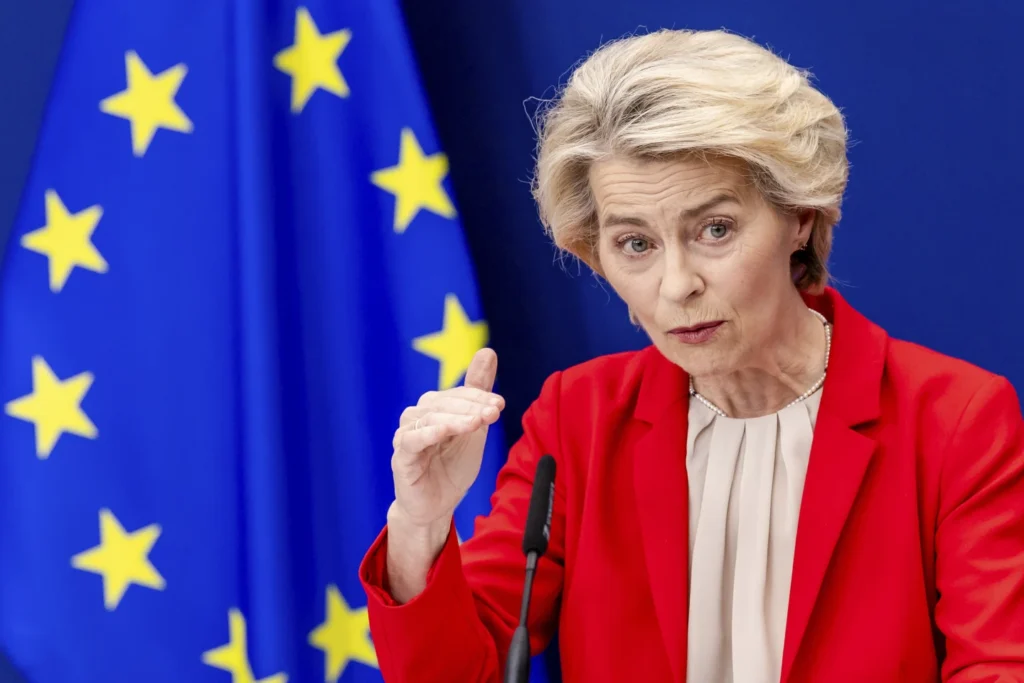
She said the United States and its G7 partners realize “that the oil price has lowered so much that the effectiveness of the cap is to be questioned, and therefore we all want to lower the oil price from $60 per barrel down to $45 per barrel.”
The Nord Stream gas pipelines were built to carry Russian natural gas to Germany but are not in operation. They were sabotaged in 2022, but the source of the underwater explosions has remained a major international mystery.
The Commission has said that it wants to impose sanctions on the operating consortium to discourage investors from trying to use the pipelines in future.
New Raft Of Sanctions Aimed At Forcing Moscow To The Negotiating Table
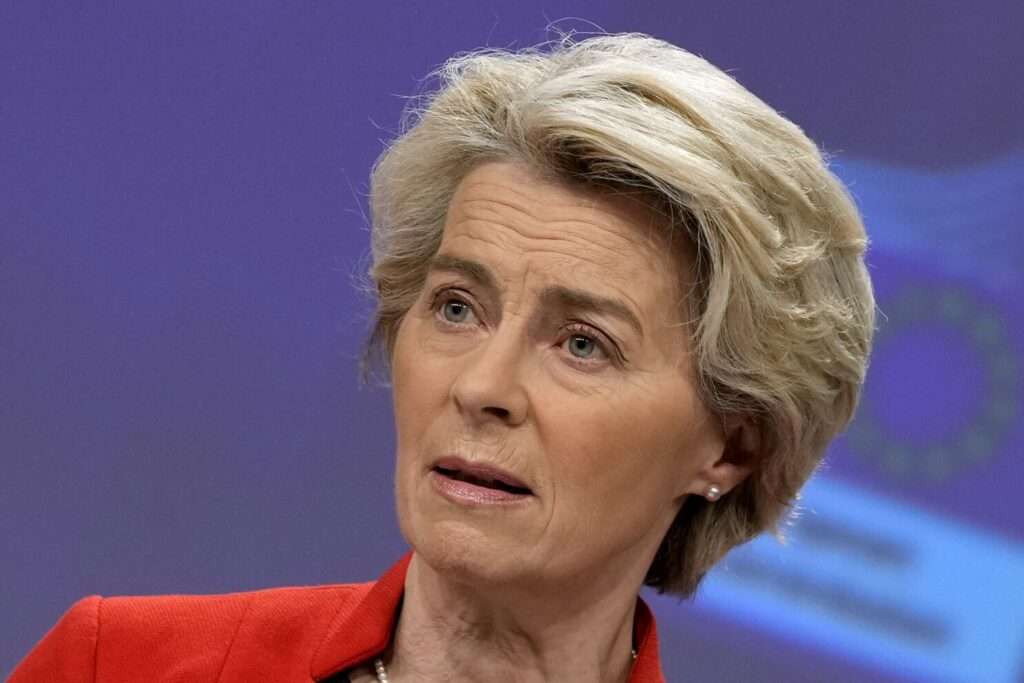
Moreover, von der Leyen emphasized that the sanctions are aimed at forcing Russia into serious talks about peace with Ukraine. “We need a real ceasefire, and Russia has to come to the negotiating table with a serious proposal,” she told reporters.
She noted that at the beginning of the war in 2022, “Russia had 12 billion euros ($14 billion) of energy revenues from fossil fuels” from Europe per month. “And now we’re down to 1.8 billion (euros),” she added.
The new EU sanctions would also target Russia’s banking sector, with the aim of limiting the Kremlin’s ability to raise funds or carry out financial transactions. Von der Leyen said that a further 22 Russian banks will be hit with measures.
An export ban worth some 2.5 billion euros would also be imposed, and the assets frozen of more than 20 Russian and foreign companies alleged to be providing support to the Kremlin’s war machine.
The EU has imposed several rounds of sanctions on Russia since Putin ordered his troops into Ukraine in February 2022. Around 2,400 officials and “entities” – often government agencies, banks and organizations – have been hit.
Its last raft of sanctions, imposed on May 20, 2025, targeted almost 200 ships in Russia’s sanction-busting shadow fleet of tankers, and tightened trade restrictions to stop produce that could be used for military purposes from reaching Russia’s armed forces.
READ ALSO: Ofori-Atta’s Sickness is an Accountability-Avoiding Ruse – Hamza Suhuyini

